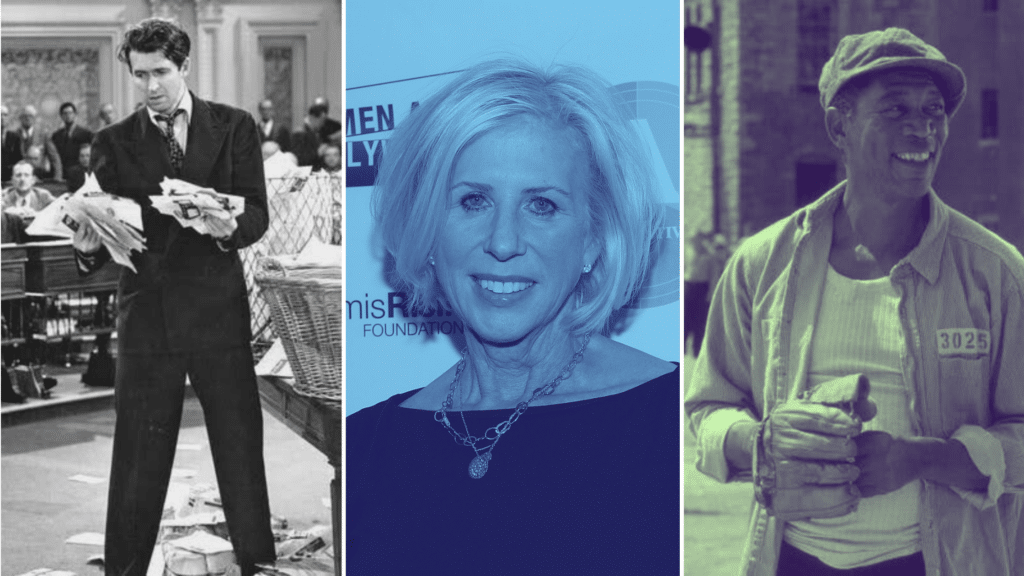
Debunking the Myth of “Too Old”
In a world that often celebrates youth, the notion of “too old” is one that’s thrown around way too much. It’s a myth that has seeped into storytelling, and even filmmaking.
Age diversity isn’t just a buzzword, but a critical element that enriches narratives and gives fresh perspectives. From onscreen roles, behind-the-scenes work, or the storytelling itself, age diversity ensures stories are reflective of the full spectrum of human experience.
Today’s blog will explore this pervasive myth of “too old” in the film industry, prove that age is indeed just a number, and bring you examples of industry veterans who broke into film in later life. Without their life experience, we wouldn’t have some of the stories we have today!
So, without further ado, let’s get debunking!
Late Bloomers in Film History
One of the most inspiring aspects of the il industry is its history of late bloomers. These people began their creative journeys later than most, achieving remarkable success. There’s not a more limiting or outdated idea that creativity or storytelling ability is reserved for the young.
Here are some of the most inspiring and mature filmmakers who made their name in their later years and who we can all take encouragement from:
Frank Capra
A towering figure in early Hollywood, Capra didn’t break into the industry until his early 30s. His filmmaking career spanned decades, directing classics like It’s a Wonderful Life and Mr. Smith Goes to Washington.
Capra’s success was fueled by life experience, and his mature perspective shaped some of America’s most enduring films.
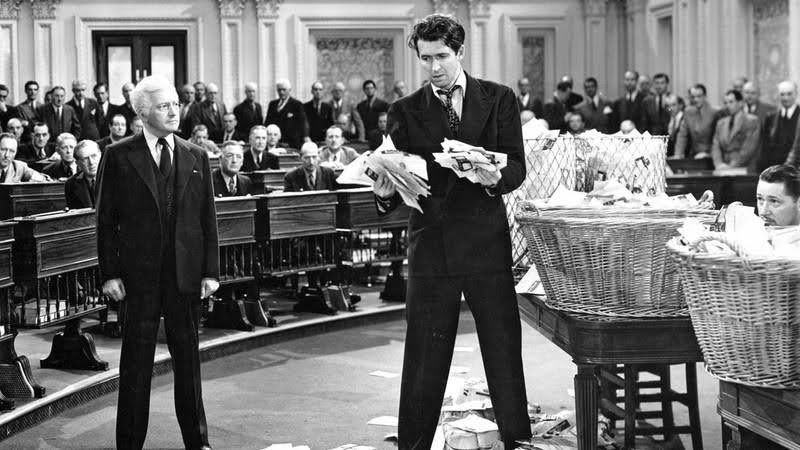
In this clip from the American Film Institute, Capra discusses the making of It’s a Wonderful Life:
Christopher Plummer
Known for his role as Captain von Trapp in The Sound of Music, Plummer didn’t break through as a leading actor until he was well into his 30s. Over the decades, he became one of film’s most respected actors, earning numerous awards across his career.
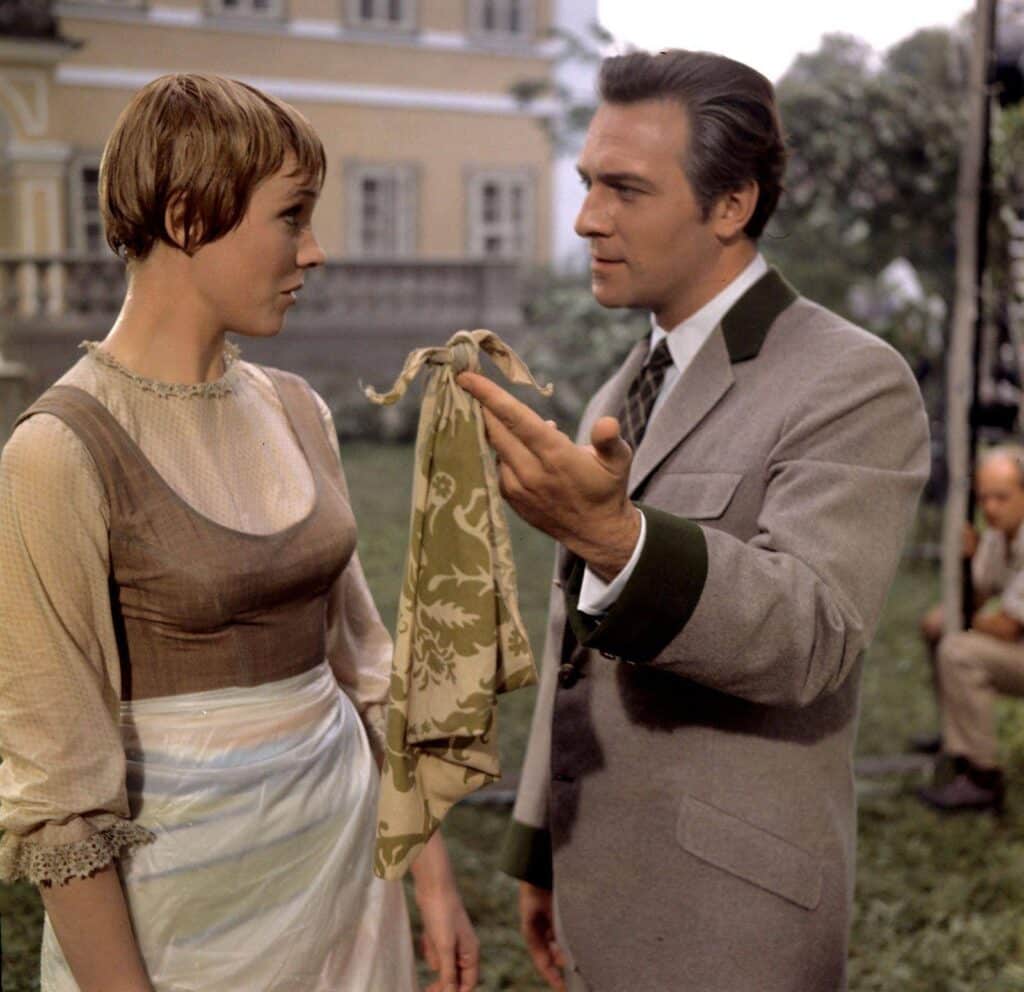
Raymond Chandler
After losing his job as an oil company executive in 1932 during the Great Depression Chandler turned his hand to novel-writing, and eventually, screenwriting. Starting in his mid-40s, he created some of the most iconic detective stories in American literature and film, including The Big Sleep. His movies starred some of the most renowned talent of the day, including Humphrey Bogart and Lauren Bacall.
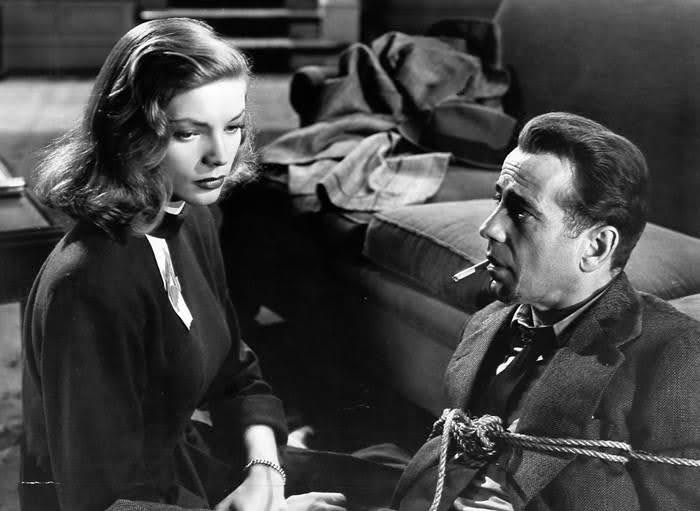
This fascinating 1958 BBC radio conversation between James Bond novelist Ian Fleming and Raymond Chandler about their writing and careers.
Callie Khouri
Beginning her career as a producer, it’s strange to now think that Khouri initially didn’t want to write screenplays. She found herself stuck wanting to answer her creative calling, until she and a friend began writing comedy sketches. Then the idea for Thelma and Louise came along, and the rest, they say, is history!
Her chat with screenwriter Syd Field back in 2000 is a really interesting read and gives us an insight into how she started writing.
Of course, Thelma and Louise went on to win the Academy Award and Golden Globe Award for Best Screenplay.
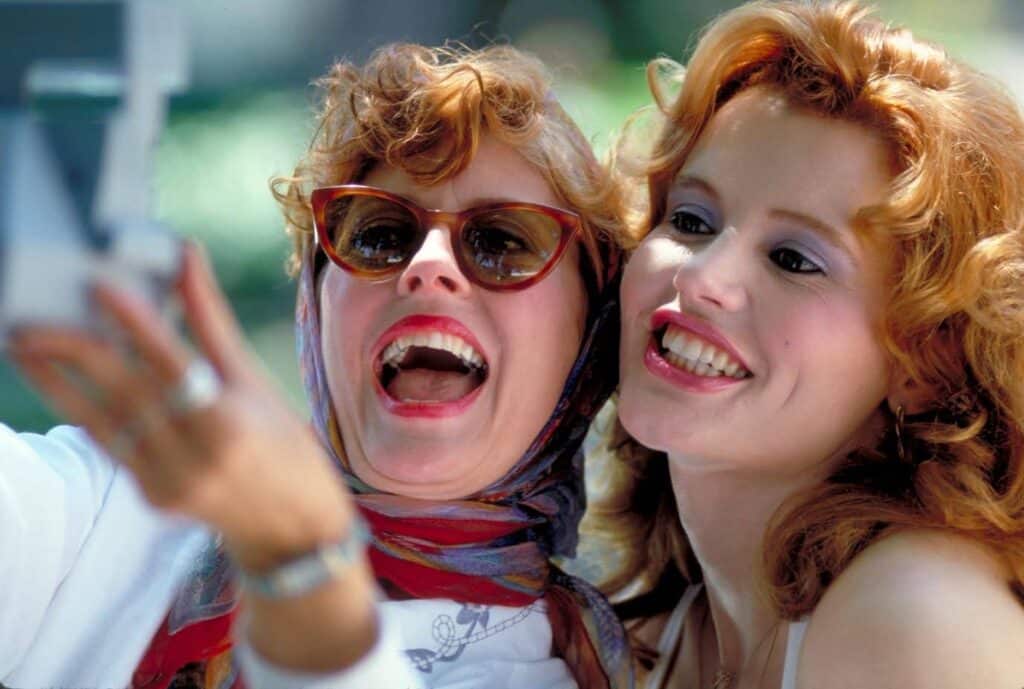
Morgan Freeman
Now a household name and one of Hollywood’s most recognizable faces, Freeman didn’t gain widespread acclaim until his 50s. His breakthrough came with The Shawshank Redemption, with other roles in movies like Driving Miss Daisy.
Back in 2014, Freeman spent some time with Oxford University, answering questions about his career and how his experience in the military influenced him and his life.
Freeman is just one example that proves talent doesn’t fade with age.
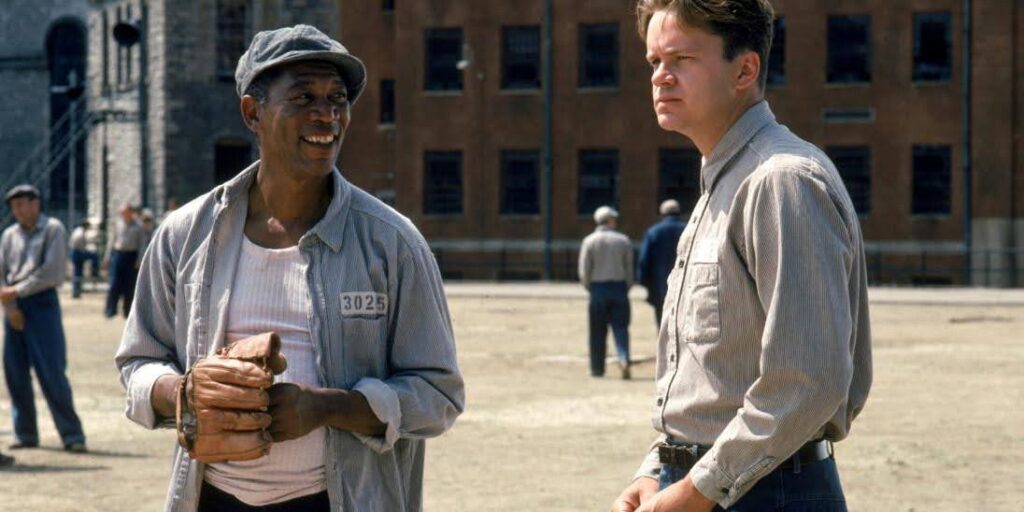
Your experiences are your superpower.
Let Celtx help you turn them into unforgettable scripts.
Greta Gerwig
Though Gerwig began her career as an actor, her rise as a writer and director came later with Lady Bird (2017) and Little Women (2019) both earning her critical acclaim.
Her success as a storyteller matured through years of acting and collaborating, which informed her nuanced approach to character and dialogue, culminating in her recent blockbuster Barbie (2023)
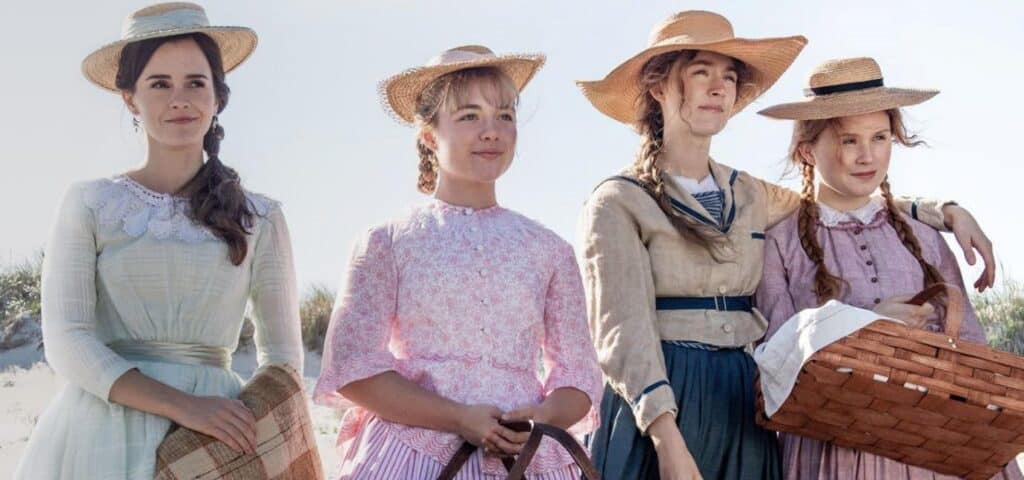
Lisa Joy
In her early 30s and while studying to become a lawyer, Joy landed a staff writer job after submitting a sample script for Pushing Daisies in 2007. After years of hard graft and working as a staff writer and co-producer, Joy co-created the hit HBO sci-fi series Westworld.
Just a few years ago, Joy sat down with Carlos Watson to discuss her career and the difficulties of her rise to an award-winning writer and producer.
This interview is a great resource; not only does it highlight the highs of Joy’s career but also is very realistic on the rollercoaster ride that is breaking into the film and television industries.
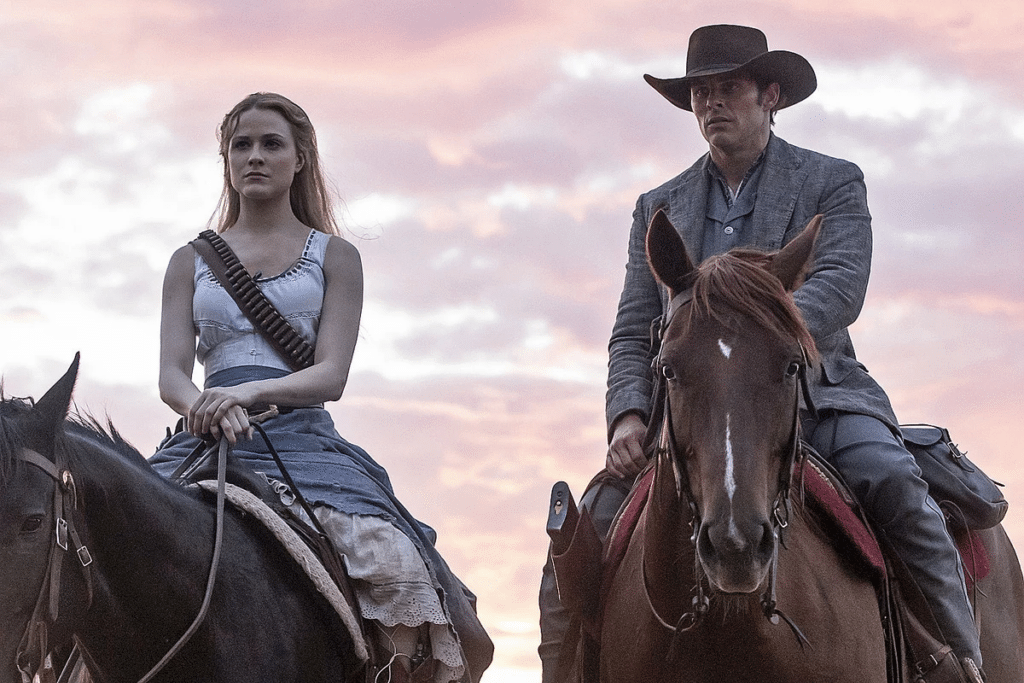
Why Life Experience Matters
The idea of “coming of age” is often confined to the transition from teenager to adulthood, but the reality is that as adults, we also face new challenges, experiences, and milestones that are equally profound.
It’s not only the youth that have stories worth telling, with older storytellers having valuable perspectives to offer. Perspectives that enrich narratives and offer insights which can be overlooked by younger voices.
In essence, everyone’s story is worth telling, whether you’re young or not so young! But here’s what the more mature voices can bring to our film industry:
Personal Growth and Reinvention
Life doesn’t stop at a certain age. Many adults experience changes in their careers, personal reinventions, and shifts in their perspective. It’s these moments of transition that become rich sources of inspiration for storytelling.
Wisdom and Authenticity
Older storytellers tend to draw from lived experiences, bringing authenticity and emotional depth to their work. They are often more in touch with more complex themes like resilience, change, and identity which can resonate across the generations.
Stories that explore the challenges of aging, reinvention or finding a new purpose offer a refreshing and underrepresented dimension in film.
Diverse Characters and Narratives
Older filmmakers and actors have the opportunity to create diverse characters that reflect the full spectrum of the human experience.
Ageism often limits the types of roles available for older actors, reducing the number of nuanced stories that feature mature characters. One of our most recognizable actors here in the UK is David Jason who kept millions of Brits entertained in the 1980s in cult TV series Only Fools and Horses. Now in his 80s, he has very recently expressed his frustration at the lack of roles available for mature actors.
Clearly there is still some work to do in advocating for all ages in the entertainment industries!
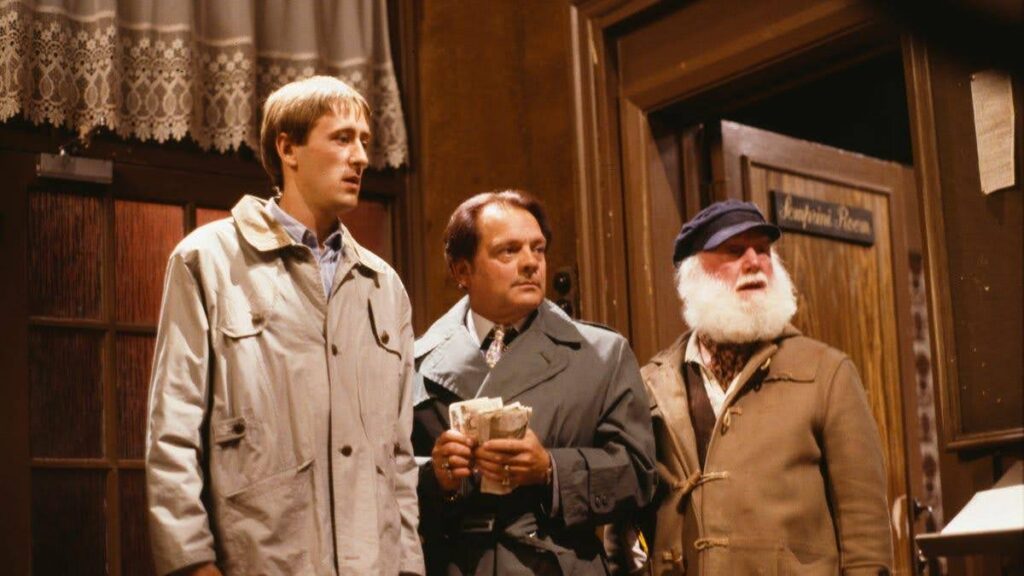
Cultural Shifts and Social Commentary
As society evolves, there’s been a growing emphasis on narratives that challenge traditional views of aging. Mature filmmakers and storytellers have a unique opportunity to address issues like ageism, personal fulfilment, and the quest for purpose and identity.
These themes need to be presented in ways that feel fresh and timely.
Take The Best Exotic Marigold Hotel which centers on a group of retirees who travel to India in search of a new chapter in their lives. The movie addresses themes of reinvention, resilience and finding purpose in our later years. An ensemble cast of mature actors included Judi Dench, Maggie Smith, and Bill Nighy, showcasing the vibrant stories that older characters can bring to life.
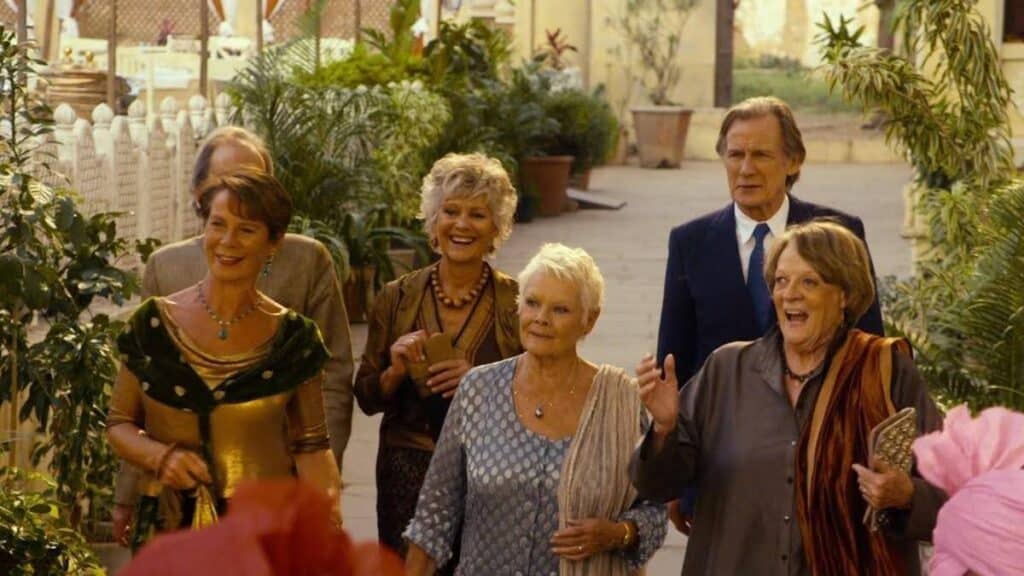
Adopting similar themes is Netflix series Grace and Frankie, following two women in their 70s who start anew after their husbands leave them for each other. The show also highlights friendship, personal growth, and the idea that it’s never too late to reinvent yourself.
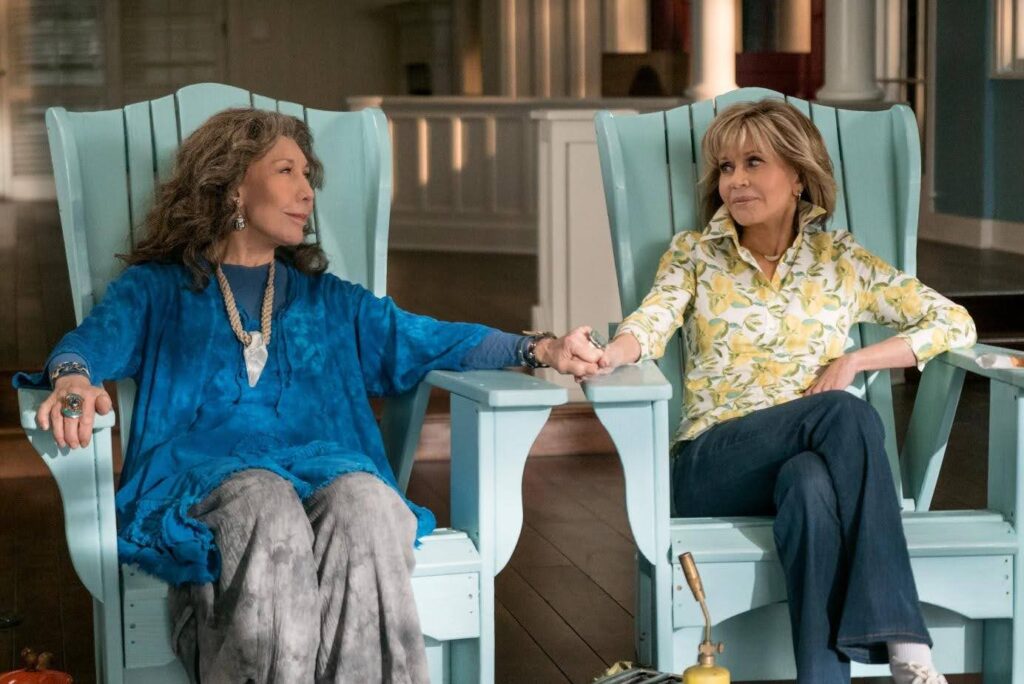
Other examples of narratives which embody these themes include Nomadland (2020), Mrs. Harris Goes to Paris (2022), Up (2009) and The Father (2020).
Marvel’s Logan also focuses on the darker side of the superhero genre, centering around an older Wolverine near the end of his life. The film examines themes of legacy, regret and mortality.
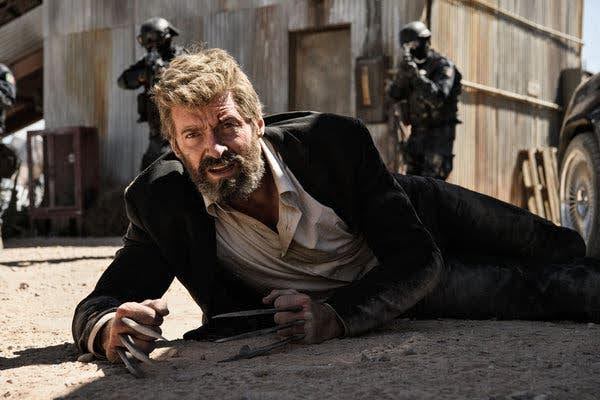
Take the leap — network, plan, and write with Celtx’s full suite of tools to support your journey.
Actionable Tips for Starting in Film Later
If you’ve ever thought that breaking into the film industry feels like a young person’s game, think again! Your age should never be a barrier to pursuing your filmmaking goals.
No matter your age, here are our practical tips for kickstarting your filmmaking career:
Networking, Networking, Networking
There’s our favorite word! If you’ve been on the blog a while, you’ll know that networking is one of the best tools you have in your arsenal.
Attend film events, workshops and industry meetups. These are wonderful places to connect with filmmakers, actors and producers. Find your tribe and engage with those who value diverse voices and experiences.
As well as attending events in person, cultivate a strong online presence. Platforms such as LinkedIn as well as filmmaking forums and social media groups can help you build connections as well as showcase your work to the industry.
If you’re looking for more one-to-one support, why not seek a mentorship from an experienced filmmaker who can offer you guidance, support and most importantly, feedback as you start your journey.
Create a Portfolio
Building up a strong, diverse portfolio will help your work and skills get noticed. Start small and focus on short film, documentaries or web series. If you’re a director or producer, create a showreel of your work. For writers, write and polish a couple of spec scripts!
Alongside your creative work, use your firsthand experiences, unique perspectives and insights to create compelling content.
As you create your portfolio, keep adding tools to your toolbox. Powerful tools like Celtx can help you plan, script and organize all your projects in one place and streamline your process.
With the film industry consistently evolving, make sure you keep up to date with the latest tools and techniques. Familiarize yourself with tools like screenwriting software, Adobe Premiere, Final Cut Pro, or any other software relevant to your needs.
If you prefer to follow a set curriculum for these, enroll in online courses. Many resources are available online at all different price points; some are even free, which means there’s something for everyone!

Using Celtx to Jumpstart Your Film Career
If you’re looking to break into the film industry, then Celtx is the tool for you! Our all-in-one features for scripting, planning and production make creating your first film accessible and efficient.
Celtx gives you professional scriptwriting tools to ensure every screenplay meets industry standards. We even have pre-loaded templates for feature films, short films and TV scripts to help make your writing process structured and organized.
Once you’ve written your script, create detailed storyboards, shot lists and schedules to keep your production on track!
Filmmaking is all about collaboration, so Celtx allows you to share your work with other creatives, share ideas and track your project’s progress in real time.
Dream big, plan smart.
Use Celtx to organize your screenplay ideas and start your next chapter.
Conclusion
Age is a strength, not a limitation, and there’s no denying the film industry thrives on diverse voices and experiences. Whether you’re inspired by the late bloomers who’ve reshaped cinema or driven to tell stories enriched by their unique experiences, it’s never too late to forge a career in the film industry.
With tools like Celtx to simplify the process and actionable steps to guide your path, there’s no better time than now to embark on your filmmaking journey. Age is the fuel for bold, compelling storytelling. Embrace your story, share your voice, and prove to the world that it’s never too late to create magic on screen!
For more tips on starting a career in film, try these helpful articles next:
- Beyond the Set: Exploring Different Jobs in the Film Industry
- What Does an Executive Producer Do?
- 10 Essential Tips for Landing a Job in Screenwriting

